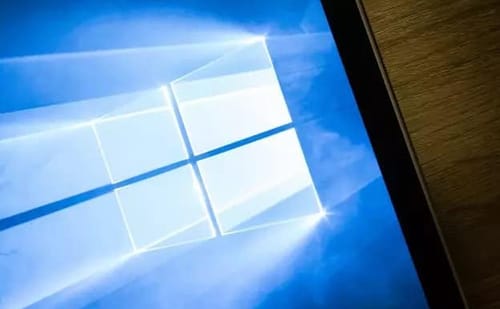 |
| Microsoft resets x64 emulation with Windows 10 and ARM processors |
Microsoft started testing x64 emulation for Windows 10 machines with Arm processors about a year ago. But the company is now limiting its functionality to Windows 11.
Emulating Windows 10 x64 with a Arm processor allows you to run applications designed for Intel and AMD x86-64 processors.
The intended functionality allows unbundled x64 apps to run on devices with ARM processors, allowing devices like the Surface Pro X to access more apps.
Windows 11 now generally offers x64 emulation for Windows, the company said. Windows 11 PC with Arm processor is required for users who want to try out this feature.
This means that if you test this feature on Windows 10, it will not be available in future updates to the operating system. Instead, you'll need to update devices like the Surface Pro X to Windows 11.
The company said: We received a question about the status of x64 emulation in Windows 10. What we mean is that Windows x64 emulation is generally only available in Windows 11.
Last December, before the release of Windows 11, the company announced that it would be rolling out x64 emulation for Windows 10 devices with ARM processors to Windows Insider. But the original message has now been updated to say that this support is only available for ARM processors for devices running Windows 11.
Microsoft has not explained the reason for its sudden decision
The company said that it will continue to support customers who have devices with Arms processors and use Windows 10 until October 14, 2025. But the lack of x64 application emulation could burden many people who are using Windows 10. Qualcomm devices to migrate to Windows 11.
The company has not explained why it decided to roll back x64 emulation on Windows 10 devices with ARM processors. But Microsoft has also announced that it is speeding up the rollout of Windows 11 faster than previously expected.
This means that more devices may be eligible for free upgrades. Until Qualcomm releases the next generation of Nuvia-based chips for PCs, Windows won't be possible on ARM, and Qualcomm has announced that it won't be implemented until late 2023 at the earliest.
There's no technical reason to get out of Windows 10. But the company has more motivation to get as many people as possible to use Windows 11 as quickly as possible. This is one way to speed up this process for users of arm-based systems.
So if you currently own devices like the Samsung Galaxy Book S or Microsoft Surface Pro X, upgrading to Windows 11 is the only way to x64 emulation.